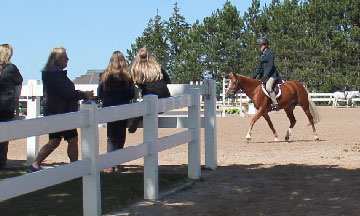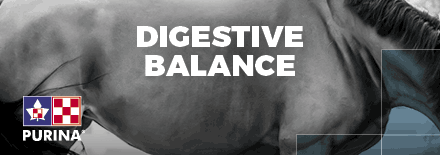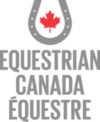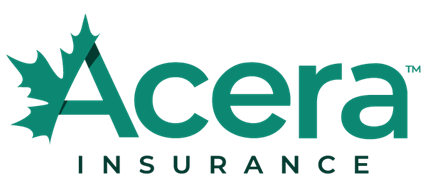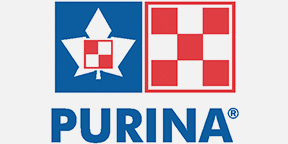Does your lesson end 15 minutes before it is scheduled to? Does tacking up your horse tire you out to the extent that by the time you get into the arena you’re exhausted? Running out of steam? Perhaps you’re fatigued!
By optimizing what and how you eat you can increase the amount of energy you have so you can take your ride to the next level.
Fatigue is your body’s way of making you aware that you have reached your limit. The following healthy lifestyle changes can help keep you from exhausting yourself, or worse, injuring yourself:
Nutrition
Maintain a well-balanced diet that includes lean protein such as skinless chicken and turkey breast, loin of pork or beef and oily fish etc. For those looking for vegetarian choices try complimentary proteins like brown rice and beans, Greek yogurt and – the powerhouse of all non-animal proteins – quinoa.
Small portions of lean protein should be consumed at every meal, which allows muscles that have been broken down during exercise to recover quickly. Lean protein should represent between 20-25% of your daily caloric intake.
Complex carbohydrates should represent at least 50-60% of your daily caloric intake. Complex carbohydrates such as fruits, vegetables, whole grains, brown rice and whole wheat pasta for example, help maintain the glycogen levels in your muscles, which is depleted during exercise.
Stay away from processed foods, which contain high amounts of unhealthy fats, high amounts of sodium and processed sugar. A good rule of thumb is to avoid white foods such as white sugar, white rice, white bread, white pasta etc.
Healthy fats such as coconut and olive oil, for example, should represent between 20-25% of your daily caloric intake.
Please note that these percentages used are for example only. Since we are all bio-chemically unique, a personal, in-depth analysis would be required to determine ones actual nutritional needs.
Eating Schedule
Eat a light meal or snack about two hours before riding. It is not recommended to ride on a full stomach or an empty one. Make sure to eat within one hour after you ride. This will help repair and refuel the muscles that were broken down during exercise.
The best post-exercise beverage is homemade, low fat, chocolate milk, which contains a balance of carbohydrates, protein, sugar and a touch of sodium. Having a banana with your chocolate milk adds much-needed potassium, dietary fiber, vitamin C, manganese and vitamin B6.
Hydration
Drinking water throughout the day is crucial to prevent dehydration, electrolyte loss, and muscle fatigue. It is recommended to drink eight eight-oz glasses of water daily. Be careful with sports drinks since they can cause an electrolyte imbalance.
Endurance
In addition to making sensible dietary choices, you also need to improve your aerobic capacity. As your respiratory muscles begin to fatigue, oxygen will be redirected from the muscles of your limbs to those of your diaphragm. One way to improve your endurance is to gradually increase your aerobic workouts with interval training. As your endurance increases, the added boost of oxygen in your blood will keep your muscles working for longer periods of time and prevent lactic acid buildup.
Body Mechanics
Use correct form while riding. Improper body mechanics decreases efficiency and in turn burns more energy than necessary. Strength training (weight lifting) and stretching (yoga or pilates) will help achieve correct form.
Rest/Recovery
After training, or a competition, make sure that you get plenty of rest to allow your body to recover.
Symptoms of fatigue in athletes include:
- Increase in injuries
- Hypoglycemia (low blood sugar)
- Body shakes or trembling hands
- Increased time to recover from riding
- Difficulty breathing during intense riding
- Muscle achiness or weakness, especially in the quads and calves
- Moderate to severe fatigue and/or sleepiness during or after riding
- Decreased athletic performance, particularly during intense competition
Next week we will take a look at part one in a series of three posts on the fundamentals of nutrition. This series of posts will explain the six categories of nutrients, carbohydrates, protein, fat, water and vitamins & minerals and how each provides a different function in the human body. Understanding the relationship of these nutrients is integral for the equestrian athlete in achieving optimal performance.
“Remember, Food Does Not Have To Be Just Another Four Letter Word!” – Ian Harris
Questions, comments or suggestion, Ian can be reached at ian@ianharris.ca. You can also follow his nutrition tips on Facebook at www.facebook.com/nutritionequestrianathlete or visit www.ianharris.ca
